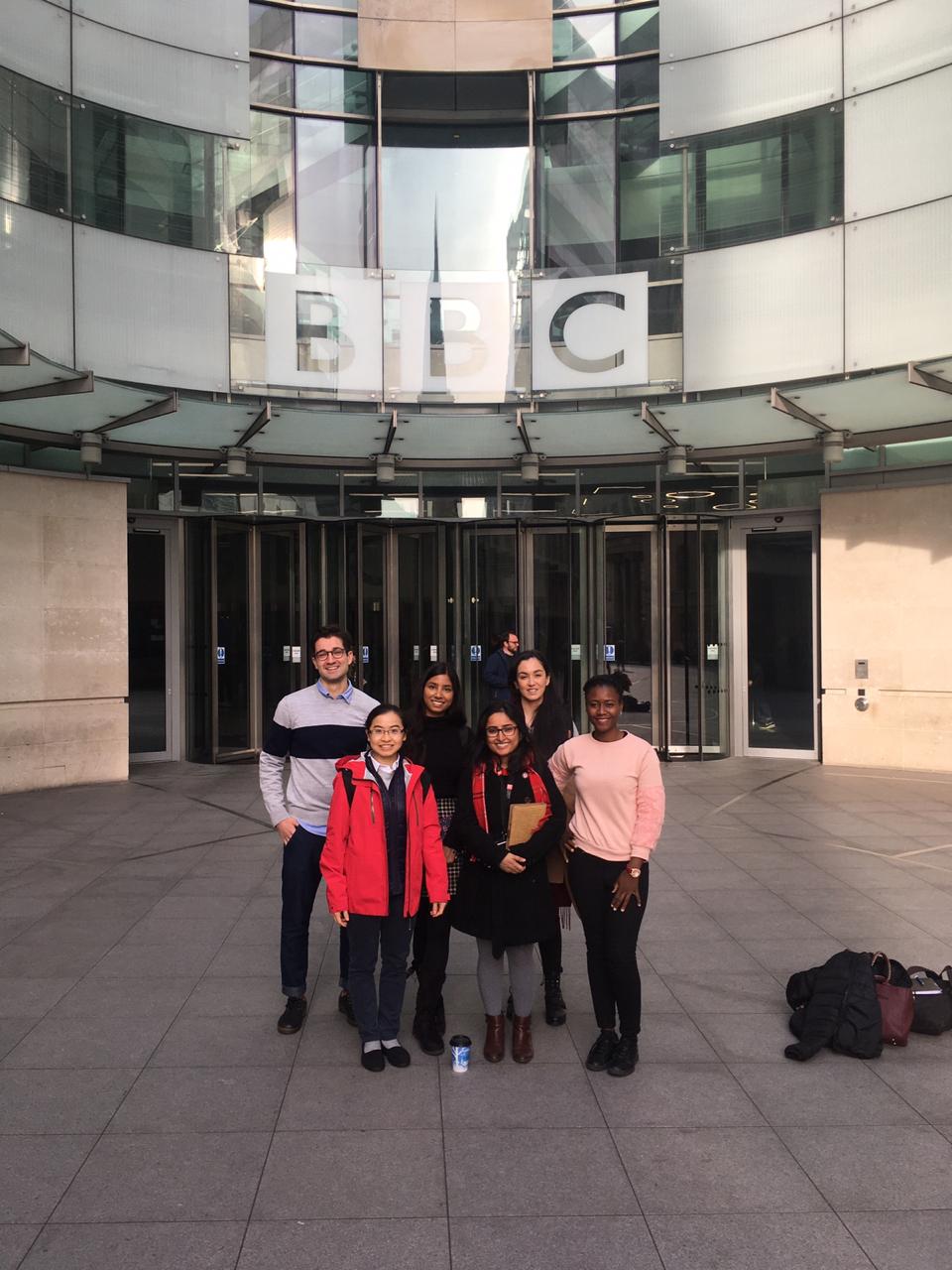This article is by LSE MSc student Jessica Di-Paolo
 Materialism vs ‘Experientialism’
Materialism vs ‘Experientialism’
Zygmunt Bauman writes in Liquid Love On the Frailty of Human Bonds that we live in a ‘shopping malls era’. Finding love has become as easy as buying a pair of shoes: the explosion of choice and the speed at which we want to consume what we get is changing the way we interact with and approach the world.
Stuffocation: Living More with Less written by James Wallman, suggests a shift from the ‘materialism’ of the 21st century – focused on a never-ending accumulation of stuff – to ‘experientialism’ – buying experiences make us happier than buying material things. Wallman explains that “materialism is the standard of our living in today’s society. We define ourselves through physical goods though we do not need them all.” This sentence makes me think about people fighting each year desperately looking for the perfect Christmas gift. But does a laptop really increase our happiness?
The answer is no, says Wallman. Possessing more stuff does not lead automatically to a more relaxed and satisfied lifestyle. Also, statistics show that having lots of stuff provokes frustration and stress, as you might feel oppressed by things that you don’t need. So, what is the solution? “Living more with less,” says Wallman.
‘Experientialism’ and social media
Instead of looking for our identity and happiness inside material goods, we should invest our money in life experiences. But in today’s networked society experiencing things is not as simple as it was before the rise of social media and new technologies. The experience of food, for example, has become a mediated relationship between our device screens and us.
Having a dinner without taking pictures of food and posting them on Instagram with the hashtags #foodie #foodporn #lovefood has become pretty hard. We do not really experience things, we tend to see and live our life through the screen of an iPhone. At the same time, although having dinner with other people has great social value, in the end we are ‘alone together’ with our mobiles. This challenges the idea that experiences are more social than material possessions.
The social networks’ philosophy of ‘sharing’, ‘like’, ‘comment’, ‘tag’, constructs a new way of expressing our identity based on the idea of showing other people what we are doing, how we are feeling, what our favorite movies are. Posting pictures on Facebook of a trip in Marrakech enables us to both construct a specific identity and share it with followers and friends. Sharing exciting experiences through social media becomes a way to show the world our status in the society.
To do or to have?
Although it is true that increasing experiential pursuits get people together and make them happier, I believe that it’s hard to define the boundaries between materialism and ‘experientialism‘. Sometimes investing money in life experiences means buying and accumulating stuff, and this does not automatically lead to anxiety and stress. A good starting point could be to shift the focus on materialism towards ‘experientialism’, moving away from a “shopping mall” era mentality where people equate stuff with happiness.We may not see the effects immediately, but in the long-term e it could help us to distinguish what we really need from materialistic desires.
This article is by LSE MSc student Jessica Di-Paolo @JessDiPaolo
#PolisStuffocation @JamesWallman





